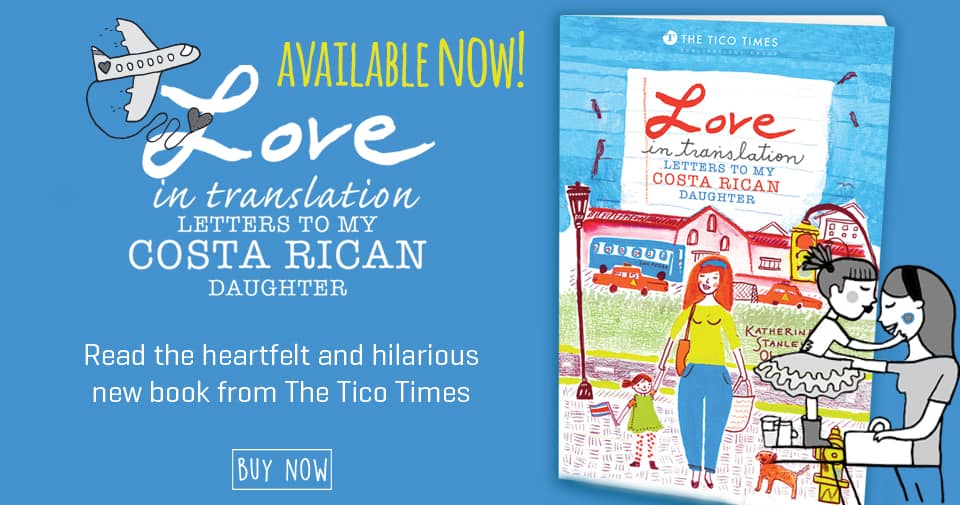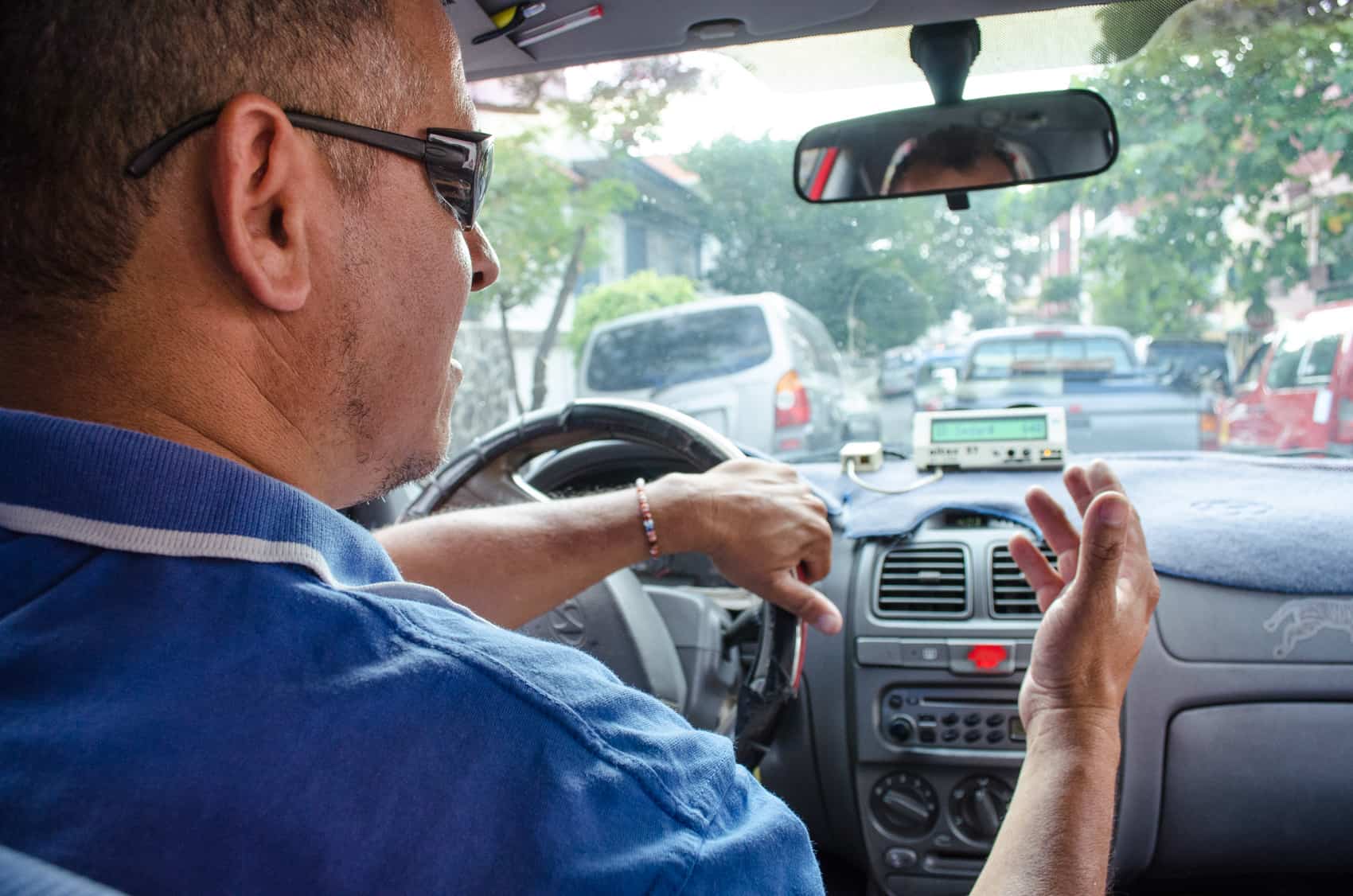You know what is truly pura vida, to me, after 13 years?
More than a beach or a rainforest porch, more even than a cafecito or a birra bien fría, pura vida might consists of sitting in the back of a taxi while, in the front seat, two Costa Ricans figure out how they know each other.
It’s always entertaining, always funny, always different, and usually better the older the two people are – except I guess it tops out around 60, because if they’re older than that, they’ll probably have figured out each other’s family histories before they even open their mouths.
https://ticotimes.net/2017/09/21/la-nave-joys-mysteries-san-jose-buses
What follows is an extremely loose riff on one such encounter, experienced recently when my husband realized our driver was from his own childhood canton.
Hey, you’re from (insert municipality)? What part?
From Frog’s Leg / Better-than-Nothing / Monkey Tail / famous Costa Rican’s name.
No way! I’m from Water Duck / Banana Plant / Little Puddles.
From the fancy part?
No, from the stabbed-for-a-loaf-of-bread part [puñalada por bollo de pan].
Your last names?
(Gives them.)
Are you related to Tere?
What, the one with the lazy eye?
No, the one with all the cats.
No, my mom’s Ana. I’ve got three sisters.
Wait… are you Carlitos’ cousin?
Yup.
Ok, ok, ok. Look, I live right next to the dentist’s office.
The crazy guy who went to prison?
No, that’s on the other side of the river. The one with the blue gate and the big laurel tree.
Right! With the really good chicken on the corner!
Oh, it’s the best. They don’t do it like that anymore.
My best friend Chepe lives right near there.
Yeah, he’s my brother-in-law.
A tale of two Costa Ricas: hope, inequality and an hour on the train
(There follows a contented pause. Next, someone signals out the window at something that is dissatisfactory, usually a new construction project.)
Remember when this used to be a cafetal / so-and-so’s mansion / a horrible slum? (The level of nostalgia is identical for each. If the two people conversing are far from the neighborhood they’re discussing, they signal to something anyway and find a way to compare it to their home turf.)
Oh, yeah. Hey, do you remember the bakery/greengrocers/crazy neighbor who used to hit everyone/someone whose animal had fleas?
Totally! Hey, what model are you?
I’m a ’78. You?
’79. No wonder! Hey, do you remember…
The woman in the back seat, whose childhood neighborhoods are more or less untouched but also unknown to her now because she moved from state to state, who would be hard-pressed to have a conversation like this with anyone, sits in silence.
She listens happily as cafetales grow back through fresh cement, as condominiums crumble into dust, as doña Mercedes – the angry pulpería owner who used to swear at the children but secretly slipped them Guaritos when their parents weren’t looking so they could slurp down chocolatey gulps of cane alcohol on the walk home – stomps the tiny aisles of her corner store, at home forever in her kingdom, alive and well in the minds of her former subjects. Doña Merce reigns anew as the two men in the front seat all but sigh in remembered pains and pleasures, made all the more enjoyable by the endless reasons to complain about the present that are gliding by outside the taxi’s windows.
They chat for as long as the ride lasts. They could go on forever.
I love it, I tell you. I love it every time.
Read previous Maeology columns here.
Katherine Stanley Obando is the editor of The Tico Times and the author of “Love in Translation: Letters to My Costa Rican Daughter,” a book of essays about motherhood, Costa Rica’s unique street slang, bicultural parenting, and the ups and downs of living abroad. She lives in San José. For more from Katherine about Costa Rican life and culture, follow her on Facebook or Twitter, or subscribe to the Love in Translation blog.







